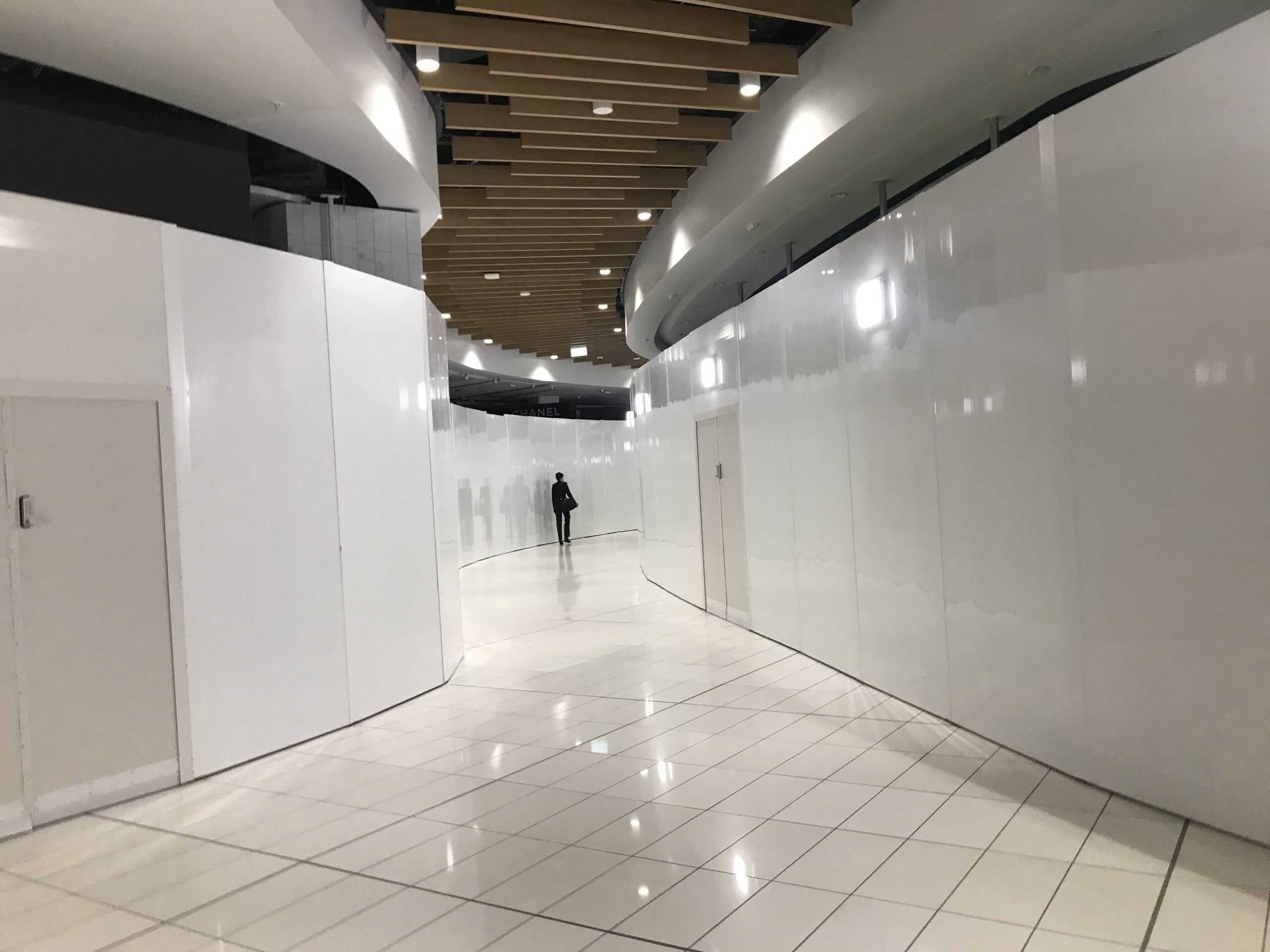16 July 2020
Ozymandias
The temple of travel.
By John Watson
“My name is Ozymandias, King of Kings;
Look on my works, ye Mighty, and despair!”
Nothing beside remains. Round the decay
Of that colossal wreck, boundless and bare
The lone and level sands stretch far away.
 The lines are immortal but Shelley’s desolate epitaph to the pharaoh Rameses II does exaggerate slightly. The Great Hypostyle Hall which Rameses completed at Karnak is indeed a wreck in the sense that the roof has long since disappeared but the ranks of vast columns which remain are sufficiently imposing to make this one of UNESCO’s most important sites. To walk amongst those columns is to reflect on a strange contrast, the contrast between today’s silence and the noisy hustle and bustle which must have surrounded them when they were at the very focus of the Egyptian world. Alas that with holiday travel restricted by Covid the number of people able to enjoy this experience must currently be greatly reduced.
The lines are immortal but Shelley’s desolate epitaph to the pharaoh Rameses II does exaggerate slightly. The Great Hypostyle Hall which Rameses completed at Karnak is indeed a wreck in the sense that the roof has long since disappeared but the ranks of vast columns which remain are sufficiently imposing to make this one of UNESCO’s most important sites. To walk amongst those columns is to reflect on a strange contrast, the contrast between today’s silence and the noisy hustle and bustle which must have surrounded them when they were at the very focus of the Egyptian world. Alas that with holiday travel restricted by Covid the number of people able to enjoy this experience must currently be greatly reduced.
But not completely. Much the same contrast can currently be observed by walking through almost any large international airport. The terminals may be huge, a monument to modern engineering, but they are empty and echoing. The small groups of passengers shepherded between the gates under the careful guidance of the authorities stop and marvel. Behind that barrier was there really once a group of retail outlets? Could you once sit on those chairs, now so neatly stacked, and drink a coffee or read a newspaper? Will one of your group suddenly die a violent death to give M. Poirot the opportunity to investigate? It is certainly eerie.
I flew back from Auckland last week and the whole experience was slightly surreal. Walking through the normally busy gateway to New Zealand, the shops and bars were boarded up, not because opening them would pose a risk of infection – there is no Covid in New Zealand outside quarantine facilities – but because the number of passengers would not have justified the staffing costs. It was disconcertingly quiet and reminded me of something. What could it be? A church? A mausoleum? No it was neither of those things. And then it came to me. It reminded me of an aerodrome, the original form of airport where the emphasis was on getting passengers on and off planes and not forcing them through shopping arcades.
We have become so used to buildings which have an important municipal function being turned into retail parks that nowadays we hardly notice it. But go to the new King’s Cross and walk in through the main entrance. It is easy enough to find shops or cafés. There are loads of them. In fact they are easier to find than the platforms. Yet older readers will remember when a London railway terminus was just that, with possibly a cinema showing news reels for the amusement of waiting passengers.
This stripping of things back to their essentials was evident in the flight itself. There was no little gift pack of toiletries, merely a face mask and a small bottle of sanitiser. The drinks trolley too had disappeared, lavish choices of cocktail being replaced by a simple choice of wine or champagne to drink with the standardised meal. Very sensibly the airline had decided to reduce the need for staff to patrol the plane to a minimum. Everything was simplified and yet it did not really affect the central service being provided at all. The flights were perfectly punctual, the processing of passengers through Heathrow being far quicker than usual. The entertainment system showed the normal selection of films. The seats were just as comfortable or uncomfortable as they usually are. From the passengers’ point of view the fundamentals were still there and if you are one of those who does not particularly want to be offered hot towels or continual drinks not much of value had been lost.
Or at least not for the passenger, but the story was very different for those who had been employed in running the airport shops or laundering the hot towels traditionally offered to passengers at the beginning of long haul flights. Simplification may shear away much that is unnecessary but it is this unnecessary element which keeps many people employed.
As we struggle our way through the Covid epidemic many different services will be stripped back to their essentials, and as this is done consumers may begin to notice that a lot of the buying opportunities and frills to which we have become used are unnecessary. Perhaps people will also become conscious that getting rid of the unnecessary is good for the environment. The question is, however, how to employ those who have been engaged in providing the buying opportunities and frills, and a walk through a large airport is a good way of bringing that question into a stark focus.


